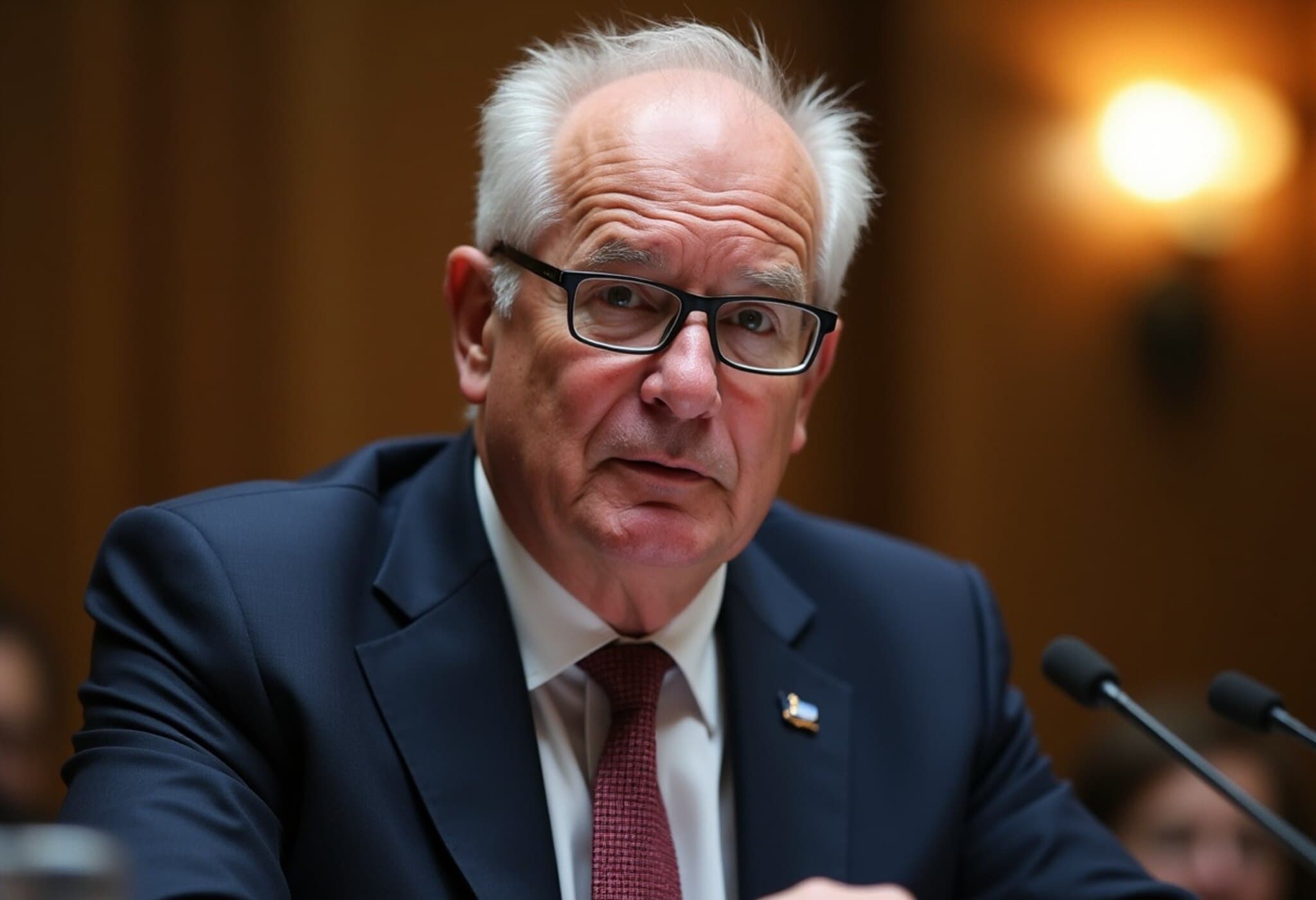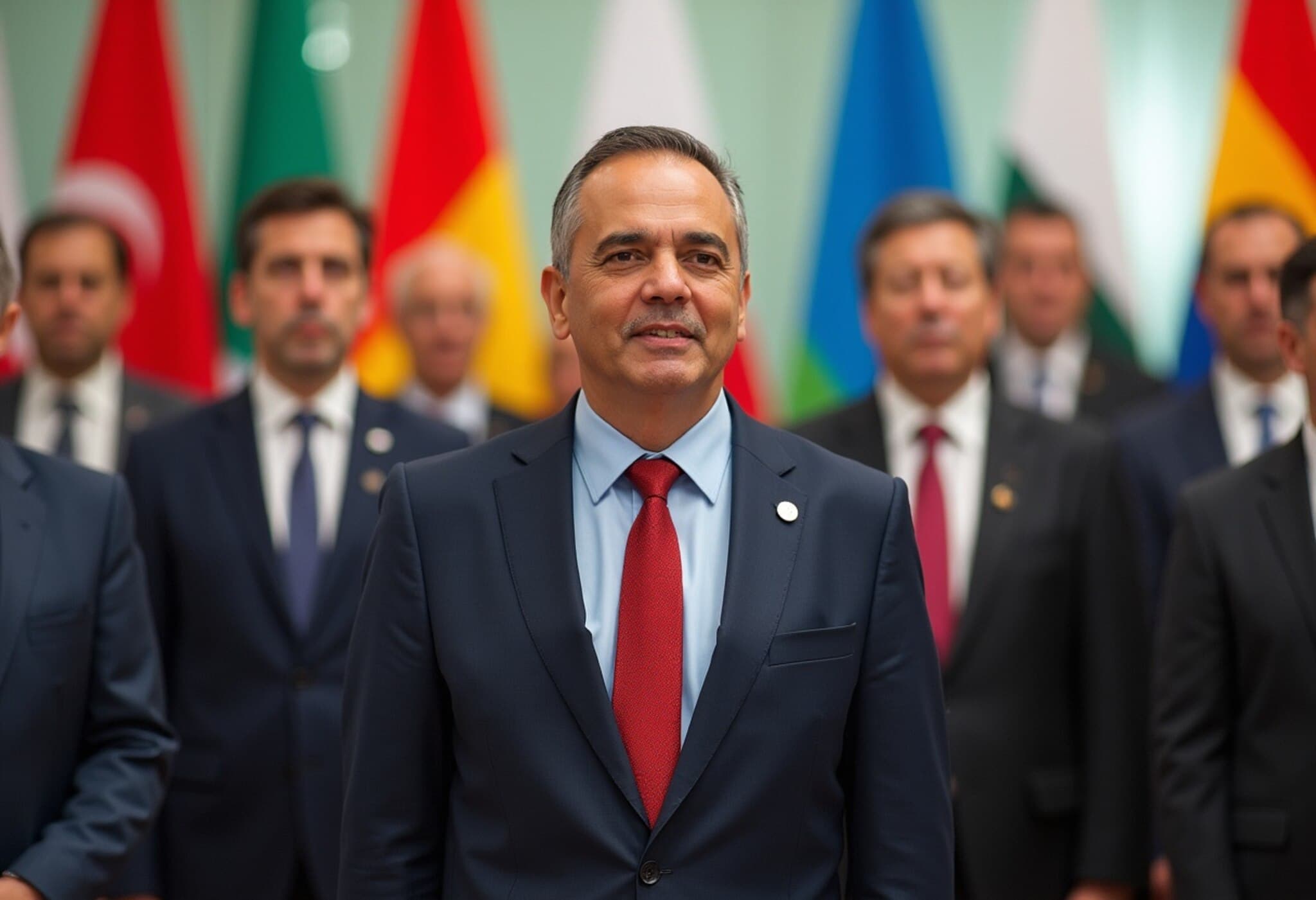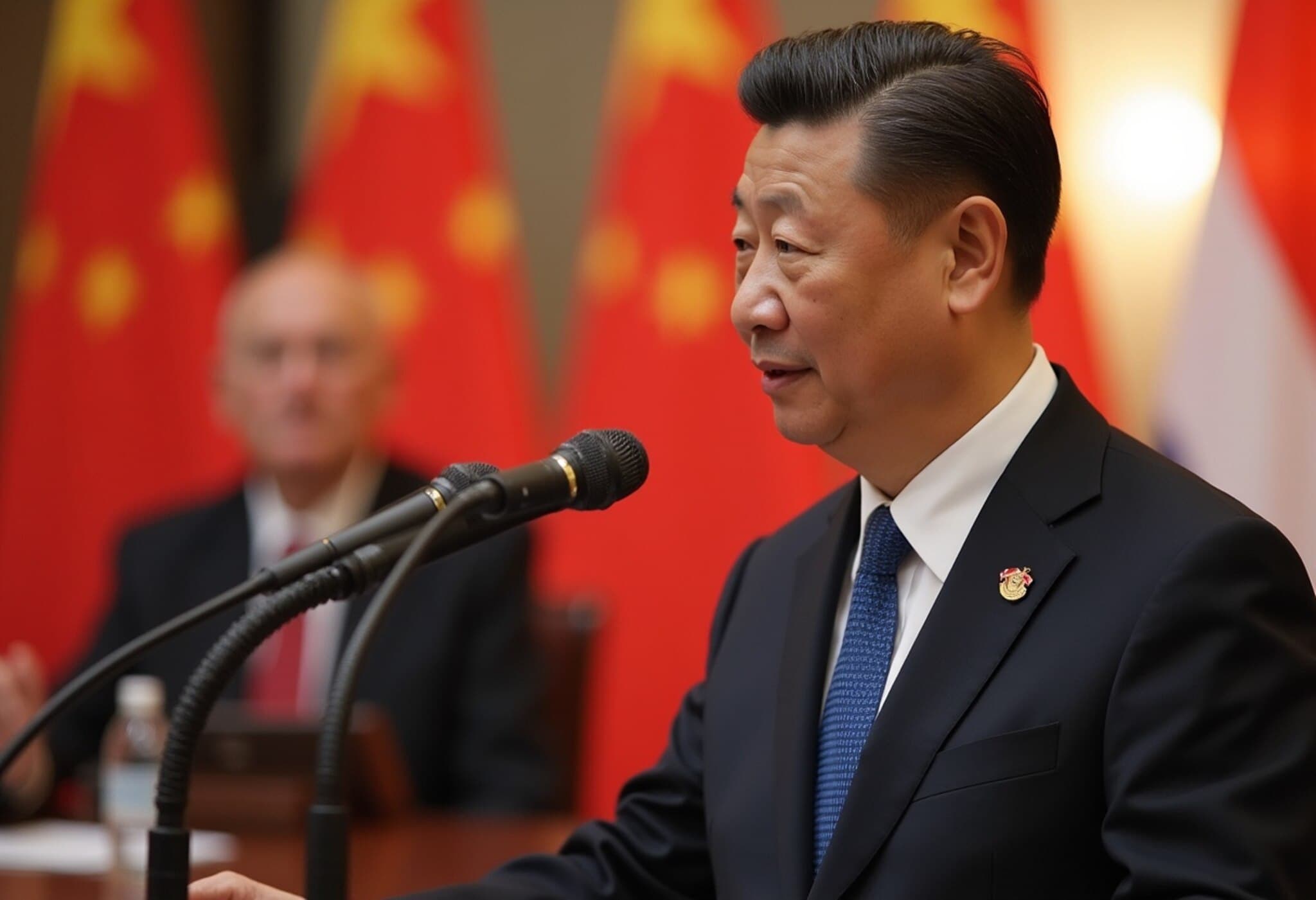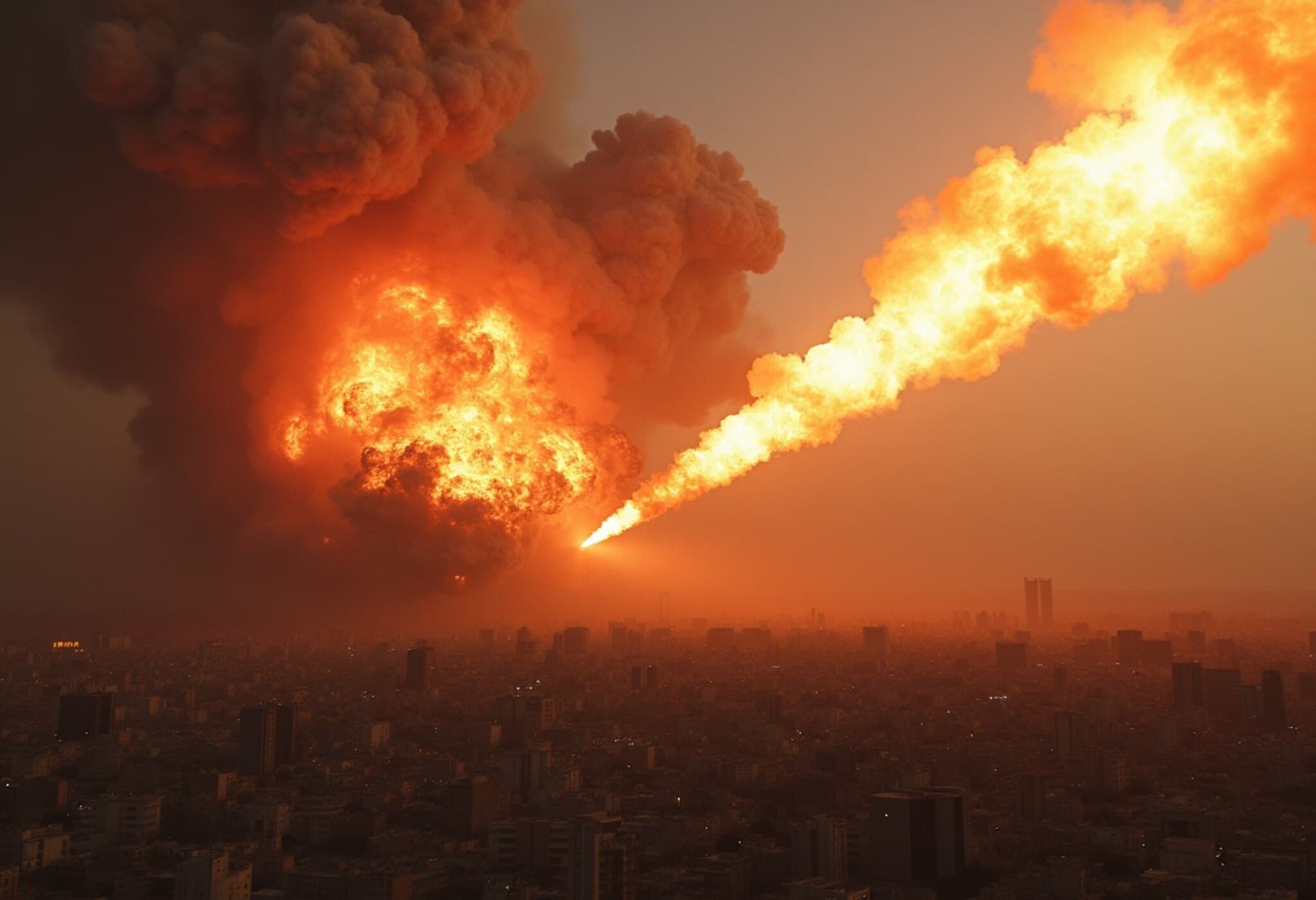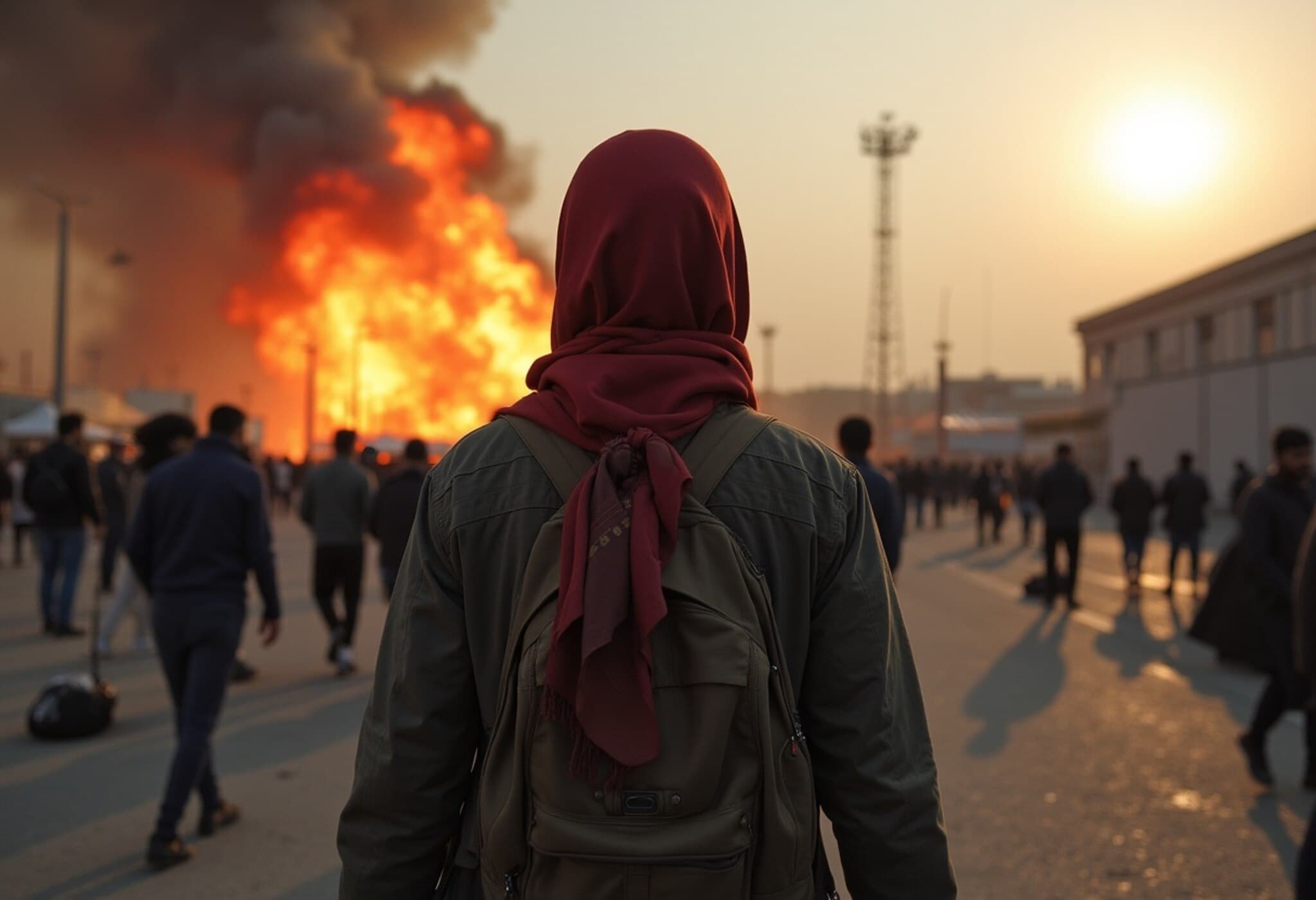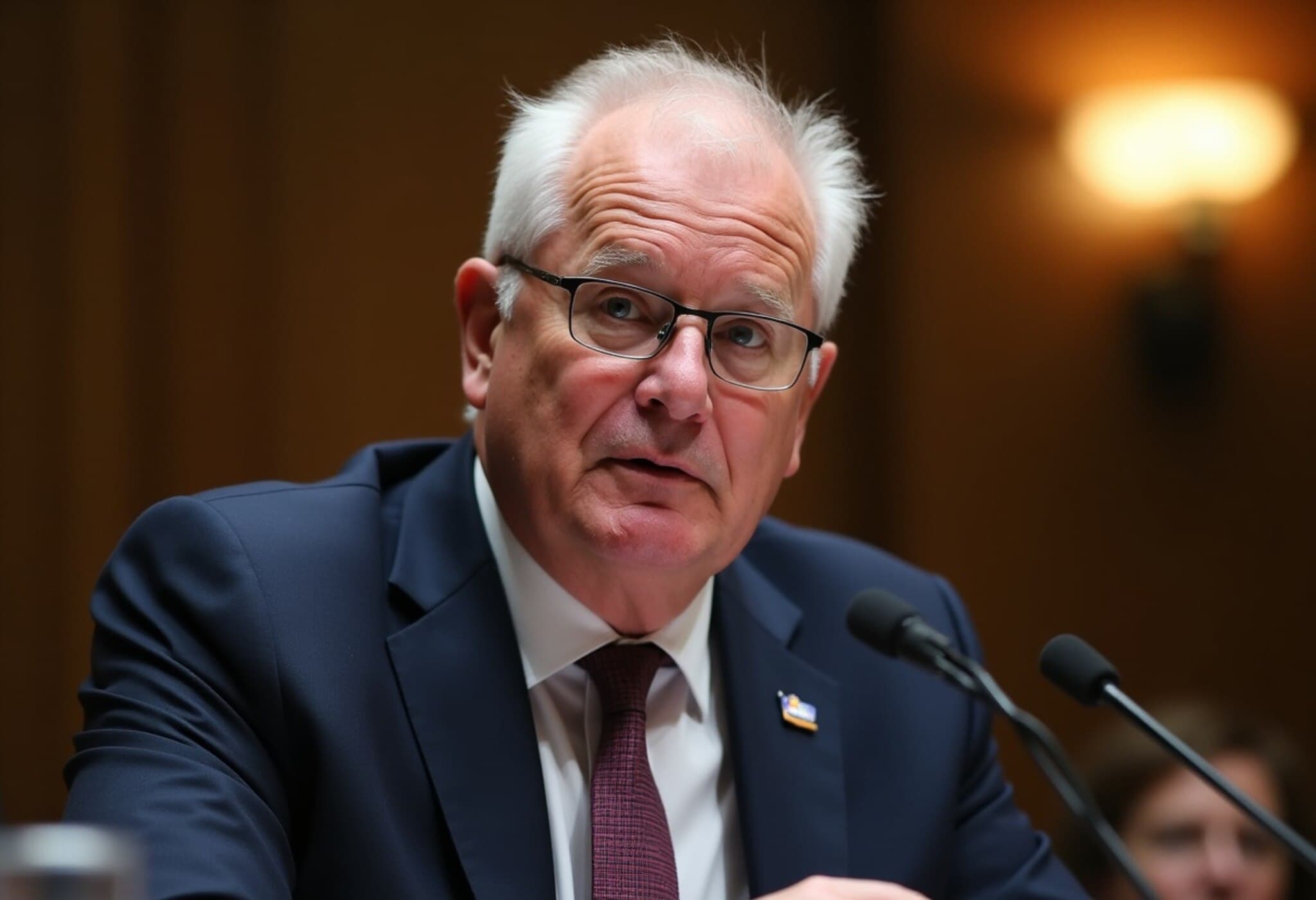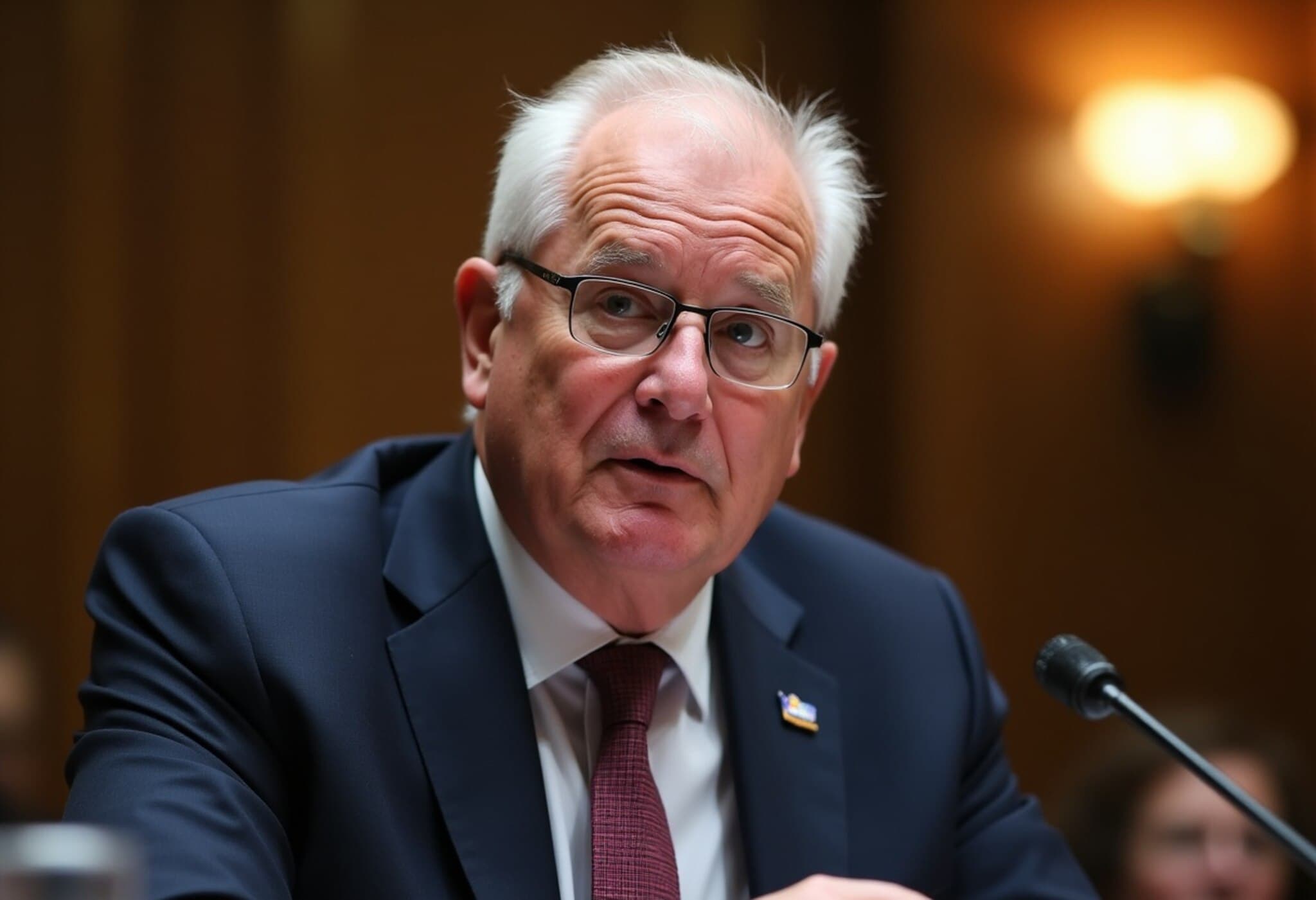Scott Morrison Set to Testify on China’s Economic Coercion Against Democracies
Next week, former Australian Prime Minister Scott Morrison will appear before a US House panel focused on countering China’s growing influence through economic pressure. His testimony comes at a critical juncture, following Prime Minister Anthony Albanese’s recent visit to Beijing aimed at thawing long-frosty ties between Australia and China.
Context: A Decade of Diplomatic Strains Between Canberra and Beijing
Morrison’s tenure epitomized tough stances towards China. His government’s 2018 decision to ban Huawei from Australia’s 5G network marked a significant security-driven move that sparked tension. Relations worsened in 2020 when Morrison called for an independent investigation into the origins of COVID-19 — a demand Beijing saw as accusatory and provocative.
In retaliation, China imposed steep tariffs on key Australian exports including wine, barley, beef, coal, and grapes. These measures drastically cut Australia’s access to one of its biggest trade partners and have been widely characterized as economic coercion by the United States and other observers.
Economic Coercion: A Weapon in Great Power Rivalry
The US House panel’s investigation reflects growing concern within Washington over China’s use of economic leverage as a geopolitical tool. Rahm Emanuel, former US ambassador to Japan and a vocal critic of Beijing’s tactics, will also testify alongside Morrison. Emanuel has underscored China’s persistent use of economic pressure against democracies in Asia and beyond, warning it threatens the rules-based international order.
Shifts Under Albanese: Renewed Engagement or Strategic Reset?
The political landscape changed when Morrison lost the 2022 election to the Labor Party’s Anthony Albanese. Since taking office, Albanese has pursued a more pragmatic approach to China, illustrated by his recent high-profile visit to Beijing with stops in Shanghai and Chengdu. The trip signifies an attempt to stabilize relations amid ongoing geopolitical uncertainty and trade frictions around the Pacific.
Addressing critics of his six-day visit, Albanese noted that the previous government failed to maintain any phone contact with China’s leadership for years, suggesting Canberra’s engagement had been lacking under Morrison.
Progress in Trade Despite Tensions
Reuters recently reported progress towards an agreement allowing Australian farmers to resume canola exports to China after a year-long freeze. The deal, expected to permit five trial shipments, could signal a subtle easing of China’s punitive tariffs and a step toward restoring bilateral economic ties.
Expert Insights: The Broader Implications for US-Australia-China Triangular Relations
From a strategic perspective, Morrison’s upcoming testimony offers a unique window into the complexities of US-Australia-China relations. It underscores the delicate balance Australia seeks to maintain—being a key US ally while deeply economically entwined with China.
This dynamic raises pressing questions:
- How will Australia navigate increasing US pressures to counter China without jeopardizing its own economic interests?
- Will the US’s framing of China’s actions as “economic coercion” influence broader allied policies toward Beijing?
- What role does congressional testimony by foreign leaders play in shaping US foreign policy narratives?
Experts argue that while Australia’s pivot under Albanese intends to mend ties, the underlying tensions remain, especially with ongoing great power competition and technological security concerns shaping the Indo-Pacific landscape.
What Lies Ahead?
As Morrison shares his insights, the American public and policymakers will gain a rare perspective from a leader caught at the intersection of global diplomacy and trade wars. Meanwhile, China’s embassy in Washington has yet to provide an official response to this upcoming hearing.
Editor’s Note
This episode highlights the evolving geopolitical chess game in the Indo-Pacific, where economic interests, security concerns, and democratic values collide. Morrison’s testimony is more than political theater; it’s a critical moment to reflect on how middle powers like Australia are navigating the pressures of superpower rivalry. Readers should consider how economic coercion tactics impact global trade norms and what that means for international diplomacy in an increasingly multipolar world.

